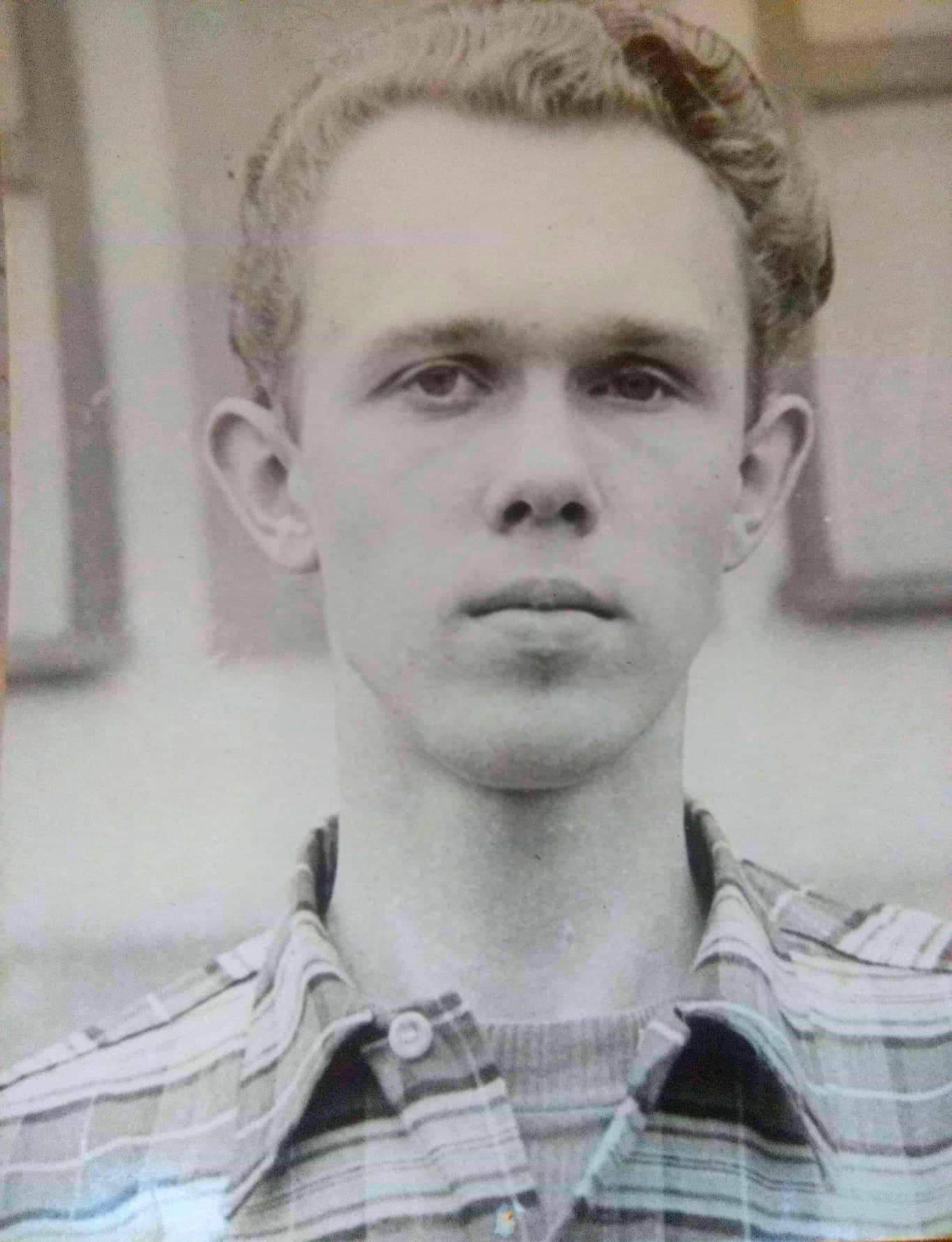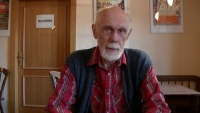You can keep doing it if you join the party

Download image
Jiří Hlávka was born on 31 March 1944 in Prague. In his childhood he lost one eye after an explosion of war munitions. Since childhood was involved in amateur theatre. In August 1968 he experienced the arrival of Warsaw Pact troops as a leader at a summer camp. At the primary school in Ústí nad Labem, where he was to start after the holidays, he burned the Soviet flag together with other teachers and joined other protests against the occupation. The authorities reassigned him to a special school and after he did not sign a consent form for the troops to enter, he left the school system. He worked in the cultural sphere and continued to engage in amateur theatre. He repeatedly refused to join the Communist Party and had to change jobs frequently. He moved from North Bohemia to Karlovy Vary. In the 1990s, he worked as the operations director of the ABC Theatre in Prague, and later as the director of the Cultural Centre in Poděbrady. He died on 28 February 2024.





